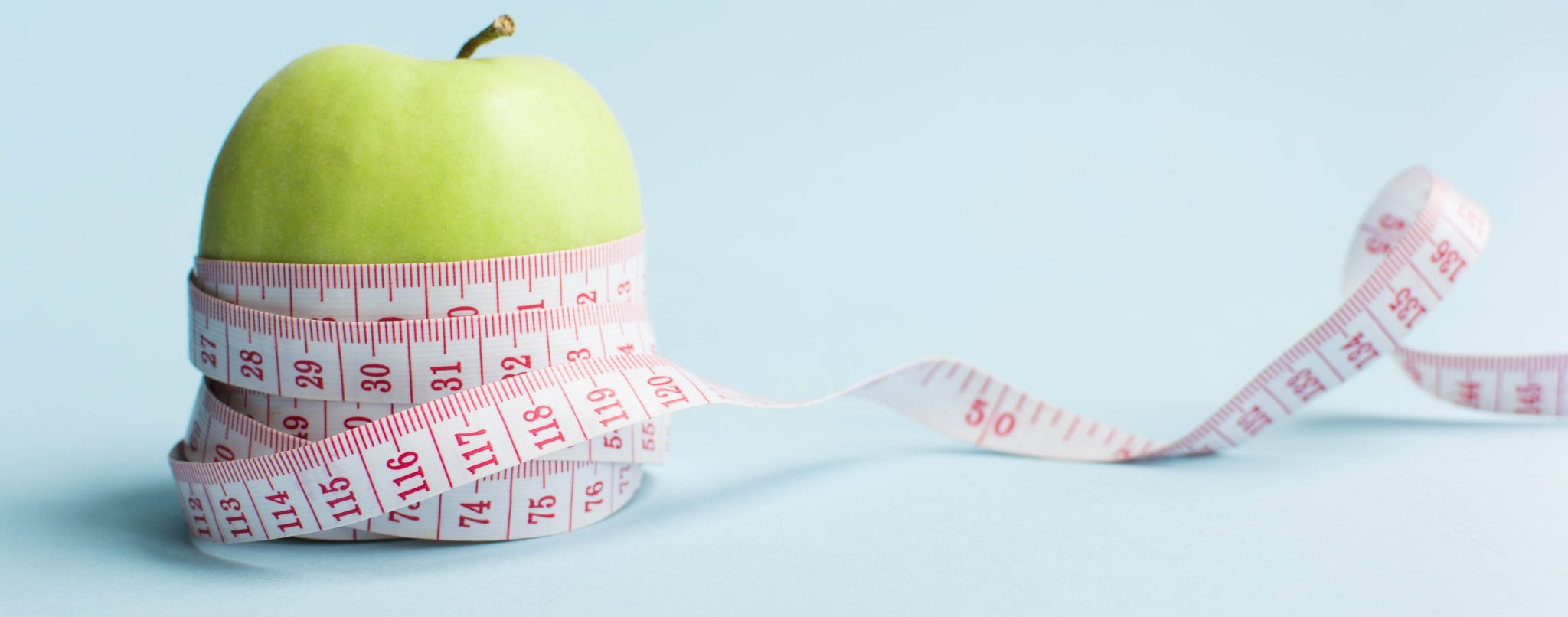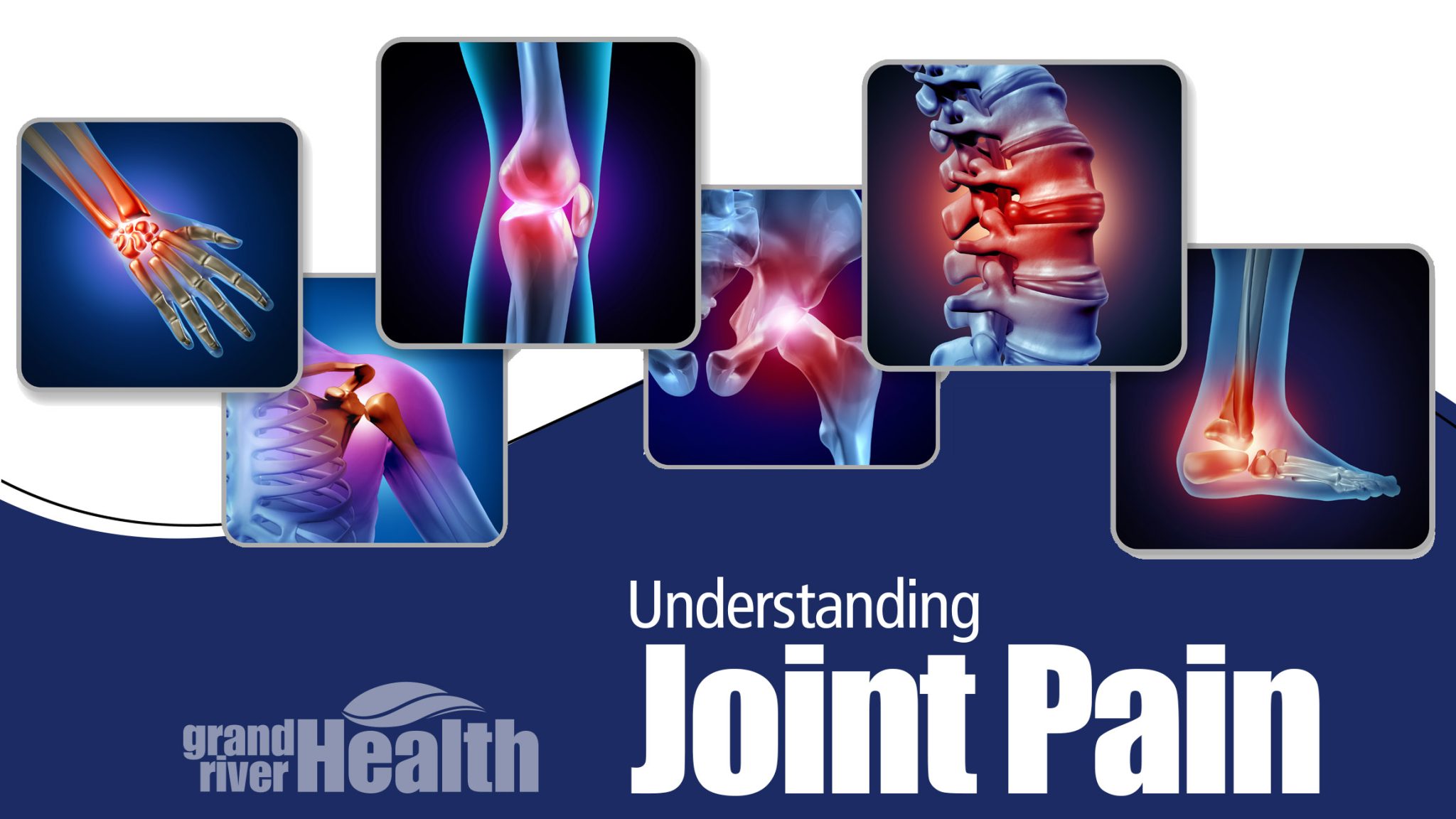What is a CT scan?
Computed tomography or CT scan, is a diagnostic test that uses x-rays and computer technology to obtain cross-sectional and 3D images of the body. A CT scan is able to format these images into a detailed scan of your body, looking at your organs, tissue and bones. CT computers are also able to create 3-D models of the area scanned for further detailed information.
A CT machine is like a big donut, where the patient table moves through the center opening. Unlike MRI, the opening is much bigger and shorter in total length. In CT the patient table continuously moves through the tube during the scan, which is very quick.
Why would you need a CT scan?
CT scans are a great way to evaluate bone, soft tissue, and organs to gain detailed and specific information about the body. CT scans are useful in finding and assessing tumors, cancers, infections, blood clots, internal bleeding, and fractures or internal injuries from trauma.
Some of the more common CT exams are of the head, chest, abdomen and pelvis. Reasons for your physician to order a CT scan include: acute to chronic pain, screenings, trauma, heart and/or vascular disease and problems, stroke symptoms, cancer evaluation, infections, or headaches.
What are CT scans with contrast?
CT scans are ordered either with or without contrast. Contrast or “dye” will be used to enhance certain structures of interest. Contrast can be administered orally or intravenously. Oral contrast is administered by drinking the contrast, which helps differentiate the bowel and GI tract from other organs and tissues within the abdomen. Intravenous contrast is administered through an IV that is placed temporarily in your arm. IV contrast enhances blood vessels and vasculature structures. IV contrast contains iodine. Although allergies to IV contrast or iodine are very rare, please notify your physician if you’ve ever had a reaction to a contrast material for an imaging study or an allergy to iodine.
IV contrast may make you feel some effects when injected into the IV line. You may feel a warm, flushing sensation throughout the body. You can also experience a brief headache or nausea and/or vomiting, as well as a salty or metallic taste in your mouth. These effects usually only last a few minutes. Notify the tech if you feel any difficulty breathing, sweating, numbness, or heart palpitations.
How should I prepare for a CT scan?
When you make your appointment you will be notified if there is any special prep or instructions.
Please arrive to the facility 15 minutes early to your scheduled appointment time to get checked-in and registered.
Once you are taken back for the CT scan, you may be asked to change into a patient gown and remove any jewelry.
Family, friends and children are not allowed in the exam rooms with the patient during the x-rays. If you need to bring kids to your appointment, please bring someone to watch them in the waiting room during your exam.
Staffed 24/7
Please call for available appointment times: 970.625.1100
This scan helps detect and measure the amount of calcium in the walls of your coronary arteries. Calcium build up, or plaque, in the arteries can restrict blood flow to the heart and cause heart disease. By measuring the calcium build up in your coronary arteries, your physician can identify possible coronary artery disease before you begin to have any signs or symptoms. A cardiac calcium scoring scan is most commonly ordered to evaluate your risk of heart disease and to help with a treatment plan.
Prep: No Smoking, caffeine, exercising, or sports drinks 24 hours before exam
*Sometimes insurances do not cover the Low-dose CT chest, meaning you may have to self-pay for this exam. Please consult with your provider to see if you qualify for this screening.
Low dose CT scans provide higher quality images than a regular chest x-ray, but they do so with lower radiation levels than a regular CT scan of the chest.
This scan is performed for early detection of lung cancer in those that are at high risk. A low dose lung screening has the ability to detect the earliest stages of lung cancer, which is important because lung cancer, in its earliest stages, is easier to treat and cure.
Angiography is a detailed look at the blood vessels and vasculature of the body, best seen with the enhancement of IV contrast material.
Commonly ordered CTA’s are of the head and neck, chest, abdomen, and occasionally the extremities. The head and neck CTA scan can be ordered for indications of aneurisms and/or strokes. CTA studies of the chest are common to evaluate for pulmonary embolisms, and CTA studies of the abdomen are commonly ordered to look for abdominal aorta aneurysms or dissections. Angiography studies done on the extremities assess and evaluate blood flow throughout the limb and/or can help detect possible infection.
This is often ordered for headaches, dizziness, confusion , stoke or trauma.
This is most commonly ordered for a fracture.
This is most commonly ordered for kidney stones, generalized abdomen pain, cancer, appendicitis, diverticulitis, hematuria.
This is most commonly ordered for lung nodules, pneumonia or cancer.










